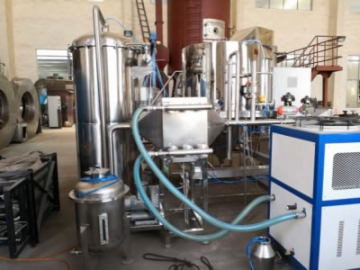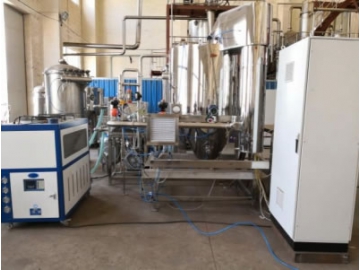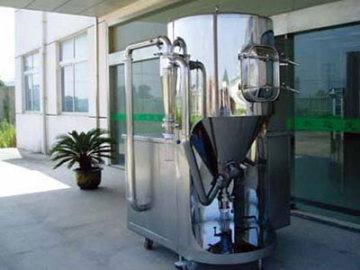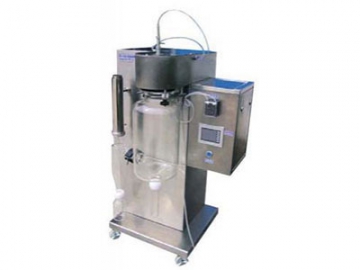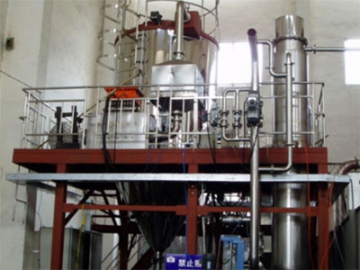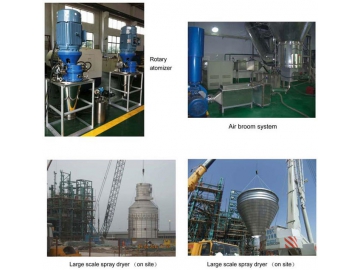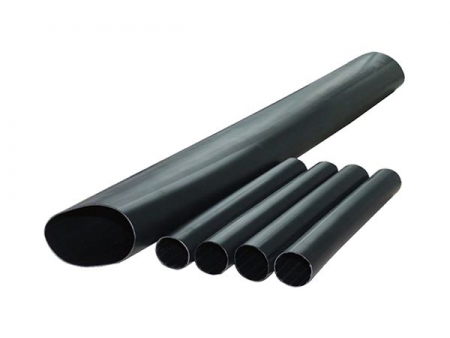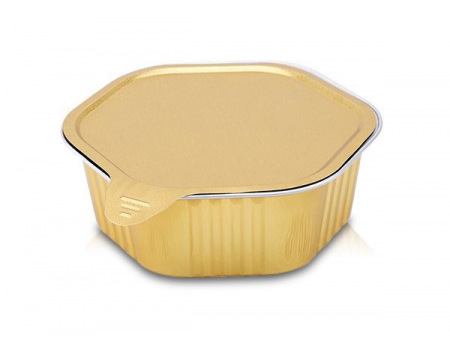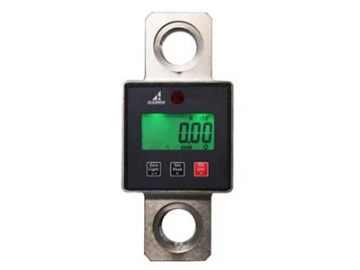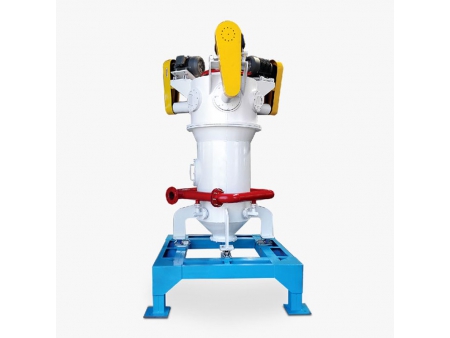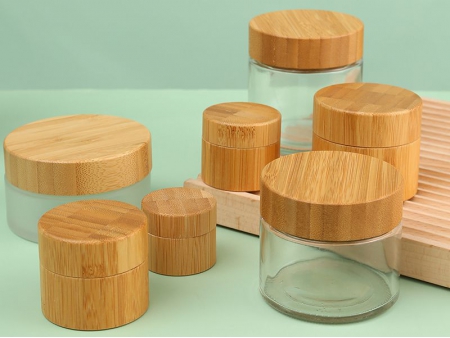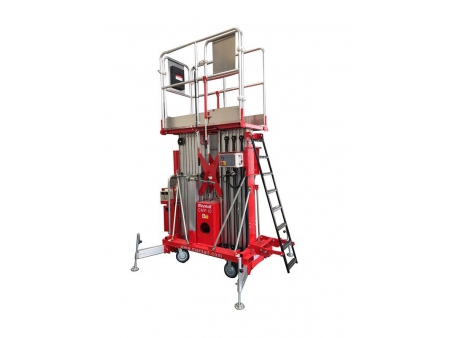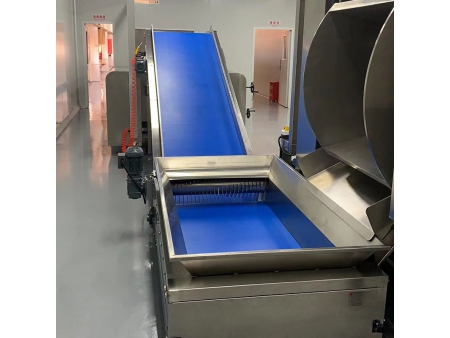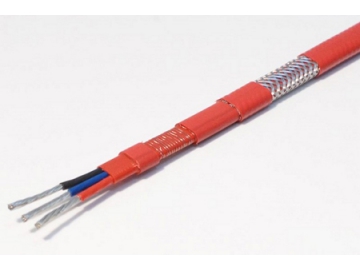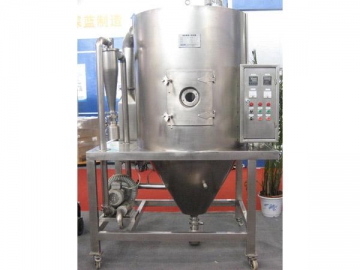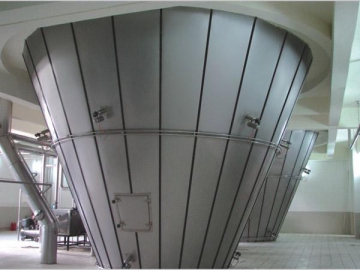Closed Cycle Lab Spray Dryer
Description
The closed cycle lab spray dryer is suitable for drying of material containing combustible solvent or releasing toxic gas during drying. It is suitable for material which is quite sensitive to drying temperature because it can conduct low temperature drying under 100 ℃.
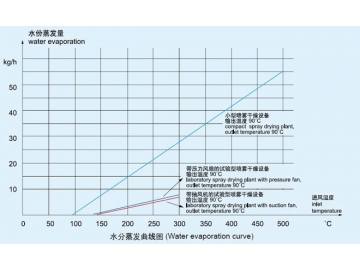
This is a kind of safe and energy saving lab spray dryer because:
This lab spray dryer adopts closed cycle structure. It also adopts inert gas as the drying medium so that the drying can be safer.
The drying medium can be used repeatedly to reduce medium consumption.
The heat in the tail gas can recycled and reused via heat exchanger to save energy.
Parameters
Drying room specification: Φ1200×H800
Atomization method: centrifugal atomization
Atomizer speed: 7000~30000r.p.m (adjustable)
Inlet air temperature: 180~200℃ (adjustable)
Outlet air temperature: 60~90℃ (adjustable)
Water evaporation: 15kg/h (when inlet air temperature is 200℃, and outlet air temperature is 90℃.)
Hot air contacting: co-current
Heating source: electrical heating
Feeding pump: peristaltic pump
Product capturing: cyclone separator single point
Power source: 3 phase 5 line; 380V/50Hz; ~25kw
Main machine outline specification (reference value): L3200×W2500×H3000
Electrical control panel code: anti-explosion and explosive proof
Control mode: PLC+HMI
If the target material will release toxic gas or explosive gas after being heated, the closed cycle lab spray dryer is an ideal choice. This drying equipment adopts closed cycle structure and anti-explosion design to ensure the safety of operators and equipment.
Besides the drying equipment, Jiangsu Xiandao can also provide related supporting equipment according to the requirements of the processing site. If you have interest on our drying equipment, please contact us, we will provide you with satisfying processing machine and complete after-sales service.

